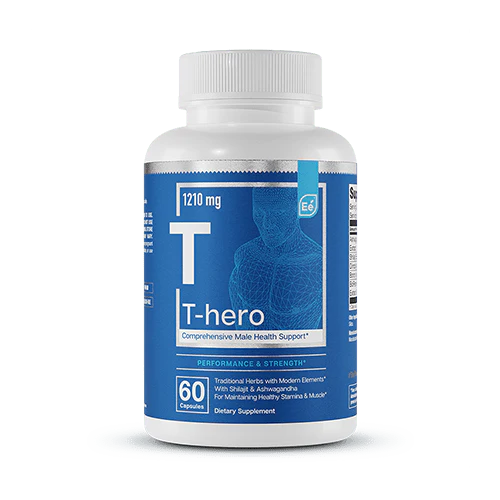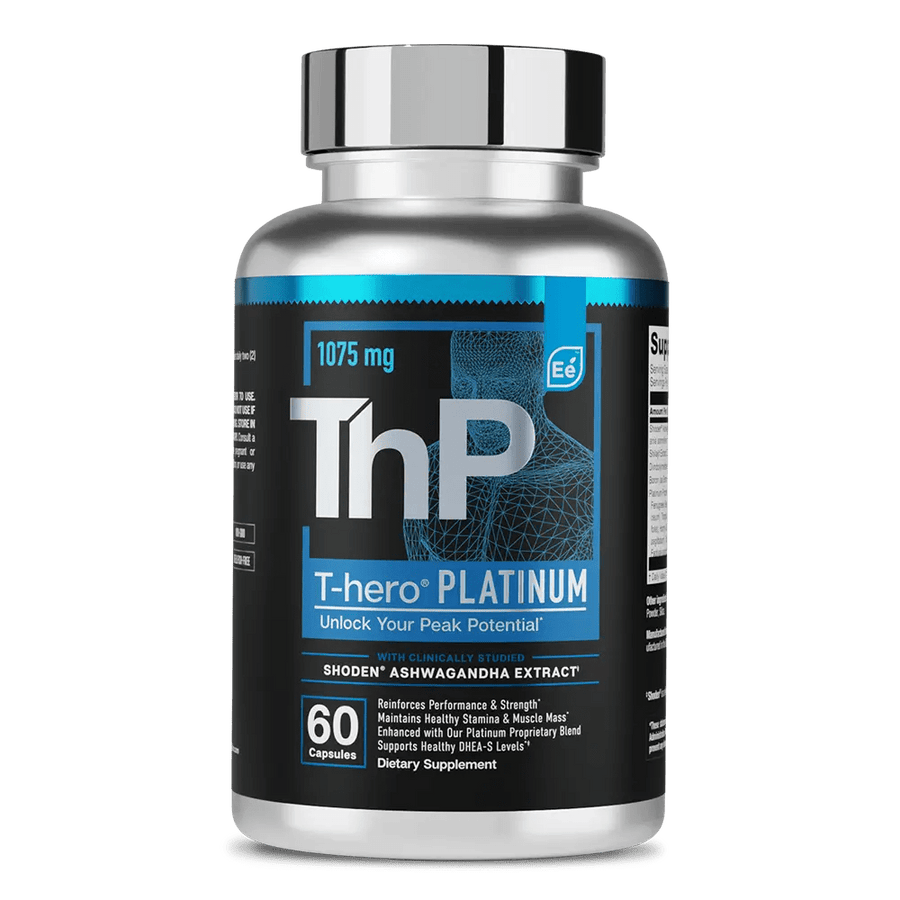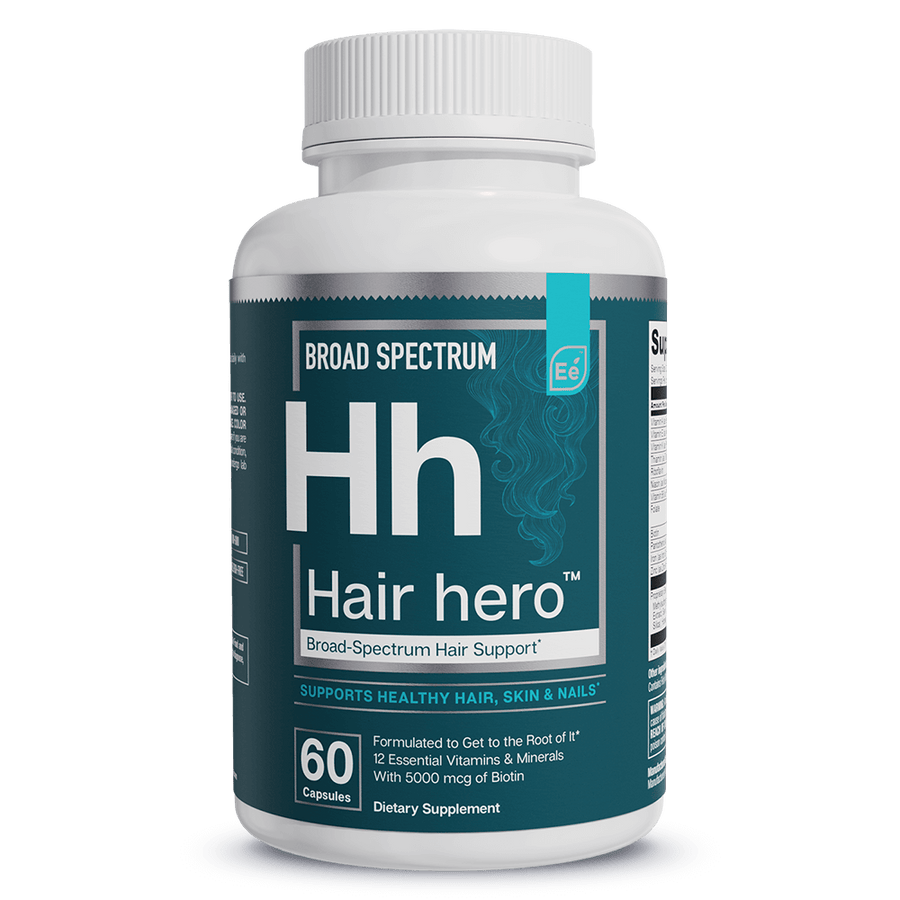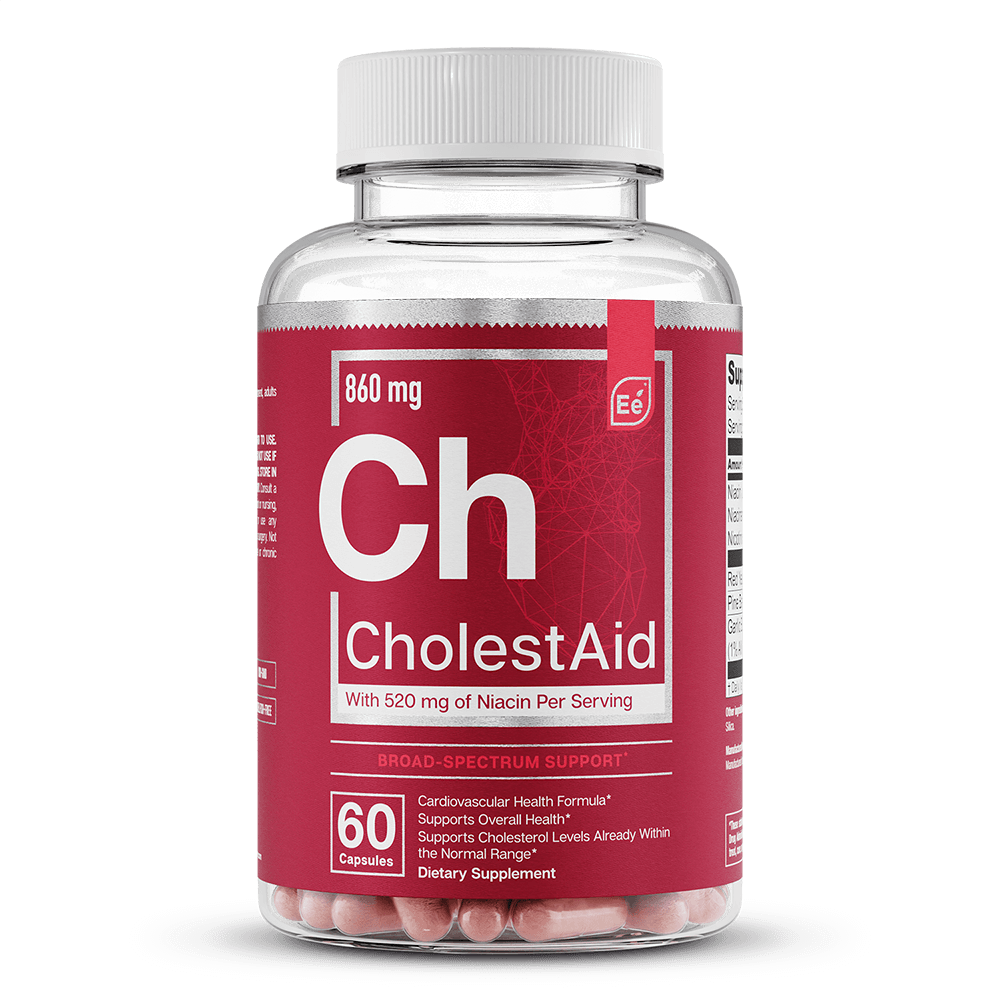Winter Dehydration: Why It Happens and How to Beat It
Keeping up with hydration is important all year long. Most people think of it more throughout the summer as they may be more active in warm weather, but what about the rest of the year? Is there a risk of dehydration in the wintertime? Should people in colder climates be concerned about possible dehydration?
Can You Get Dehydrated During Winter?
Winter dehydration can be a big problem, especially because people may not even be thinking about staying hydrated throughout the cooler months. All kinds of reasons contribute to this issue, a big one being that most people just don’t realize they are getting dehydrated until it’s too late.
Risk Factors That Contribute to Dehydration in Cooler Months
Increased Water Loss Through Respiration
Water is continuously being pulled from the body with each breath we take. Colder weather can cause us to lose even more water through respiration. The air can be so dry in the winter that we can lose the moisture that moves out with our breath at a quicker rate. There tends to be less humidity in the air through the winter months, and fireplaces and other forms of heating can make the air even drier. This can be compounded for people in higher altitudes, as the colder, dryer air can result in more moisture loss and may require drinking extra fluids to stay hydrated.
Winter Clothing
This one is probably not avoidable, as winter clothing is usually a little bulkier to provide warmth. These extra layers or thicker fabrics may actually cause more sweating, which can lead to quicker dehydration than we may even realize.

Sweat Evaporates Faster in the Winter
With the air being usually drier in the winter, anything we sweat out evaporates at a quicker rate. Sweating isn’t as obvious in the winter as it is in the summer, but it is still happening, and you may have to replenish these fluids more often.
Decreased Thirst Response
A lot of people may be getting dehydrated in the winter because they simply don’t “feel” thirsty. Even if their cells or extracellular fluids start to deplete, they may not get the same signal of thirst that the body sends out in warmer weather. This signal can be influenced by the degree of external cold and how it affects our core temperature. Cold weather decreases your thirst response, especially when exercising, and ends up reducing cravings for water or other liquids.
Frequent Urination
Strangely enough, cold weather can cause many people to visit the bathroom more often because it can increase the urge to urinate. Cold weather can trigger blood vessels to constrict in order to keep you warm, which causes you to lose more fluids. Because of this and other factors, the kidneys have to filter more blood, resulting in frequent trips to the bathroom to release the additional fluids.
Dehydration Symptoms in the Winter
Although the reasons might be a little different, the signs and symptoms of typical dehydration are still the same, regardless of the season. Signs of dehydration include:
♦ Headaches
♦ Fatigue
♦ Fogginess
♦ Muscle cramps and spasms
♦ Dry mouth or tongue
♦ Dry skin
♦ Darkened urine
How to Beat Dehydration in the Winter
Being mindful about keeping hydrated is probably the most important place to start. If you have a hard time remembering or find that you aren’t drinking enough throughout the day, setting a reminder is a good idea. You could start to check in with your body every hour or two at the very least and maybe start tracking the amount of hydrating fluids you drink in a day. Set a goal and work toward making it into a habit. Caffeinated and high sugar beverages can worsen the problem, so you may need to avoid them or drink even more fluids if you do consume them.
Increasing fruits and vegetables can help as they have naturally high water content. Eating soups or adding broths to recipes is a good way to increase healthy fluids in your winter diet. Sometimes you may want to supplement your fluid intake with an electrolyte blend, such as our sugar-free Ee Hydration formula. Electrolyte drinks can help support overall health. Having a routine that prioritizes hydrating will help to maintain healthy fluid levels.
The Essential Element
Keeping hydrated is always important, but you may also need to be on the lookout for signs and symptoms throughout the winter months. In colder weather, there are added circumstances that will contribute to you getting dehydrated before you may even know it. Pre-hydrating before a workout or physical activity will go a long way to diminish your chances of getting dehydrated in cold weather.
Ee Hydration is a low-carb option with no artificial colors and apple cider vinegar for added health benefits. People also love our Apple Cider Vinegar Gummies, which provide electrolytes and beneficial proteins, enzymes, and beneficial bacteria found in apple cider vinegar. Whatever strategy you choose to avoid getting depleted in the winter, awareness, and consistency are essential and may help maintain hydration altogether.






